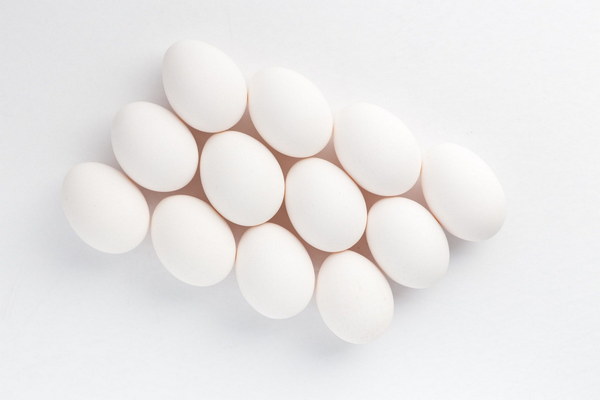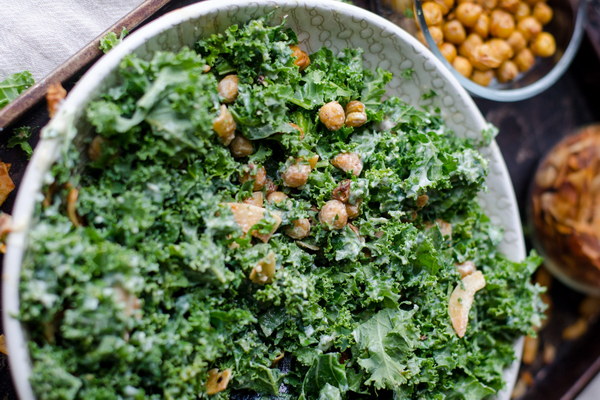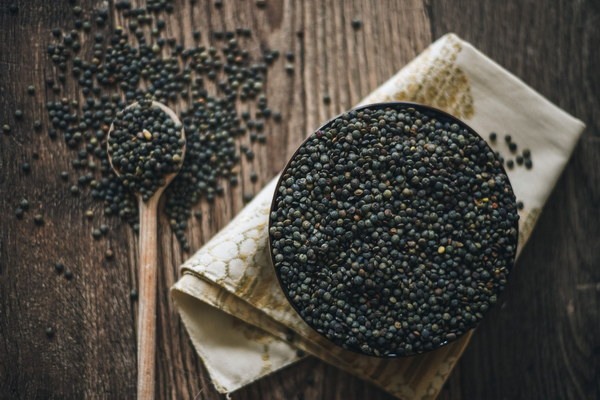Unlock Heart Health A Nutritional Approach to Cardiovascular Blockages
Introduction:
Cardiovascular blockages, also known as atherosclerosis, are a significant health concern affecting millions worldwide. These blockages occur when plaque builds up in the arteries, leading to reduced blood flow and increased risk of heart disease. While medication and surgery are common treatment methods, incorporating a heart-healthy diet can play a vital role in managing and preventing cardiovascular blockages. This article explores the nutritional approach to cardiovascular blockages, highlighting key dietary recommendations and tips for a heart-healthy lifestyle.
1. Importance of Nutritional Approach:
The nutritional approach to cardiovascular blockages emphasizes the role of diet in maintaining healthy blood vessels and reducing the risk of plaque buildup. By focusing on the following dietary recommendations, individuals can promote cardiovascular health and potentially slow down or reverse the progression of blockages.
2. Fruits and Vegetables:
A diet rich in fruits and vegetables is essential for cardiovascular health. These foods are low in calories and high in essential nutrients, fiber, and antioxidants. Incorporating a variety of colorful fruits and vegetables, such as berries, leafy greens, and cruciferous vegetables, can help reduce inflammation, lower cholesterol levels, and improve overall heart health.
3. Whole Grains:
Whole grains are an excellent source of fiber, vitamins, and minerals. They can help lower cholesterol levels, reduce blood pressure, and improve insulin sensitivity. Incorporate whole grains like oatmeal, brown rice, and whole-wheat bread into your diet to support cardiovascular health.
4. Healthy Fats:
Consuming healthy fats is crucial for heart health. Omega-3 fatty acids, found in fish, flaxseeds, and walnuts, have been shown to reduce inflammation and lower triglyceride levels. Monounsaturated and polyunsaturated fats, found in avocados, olive oil, and nuts, can also help improve cholesterol levels. Aim for at least two servings of fatty fish per week and incorporate healthy fats into your cooking and meal planning.
5. Lean Proteins:
Lean proteins, such as chicken, turkey, fish, and plant-based options like lentils and tofu, are essential for a heart-healthy diet. These proteins are low in saturated fats and can help maintain healthy cholesterol levels. Avoid processed meats and opt for leaner cuts of meat to minimize the risk of cardiovascular blockages.
6. Low-Sodium Diet:

Excess sodium can lead to high blood pressure, a significant risk factor for cardiovascular blockages. Limiting sodium intake to less than 2,300 milligrams per day can help reduce the risk of heart disease. Avoid processed and packaged foods, which are often high in sodium, and choose fresh, whole foods instead.
7. Hydration:
Staying hydrated is essential for cardiovascular health. Adequate hydration helps maintain healthy blood pressure and supports kidney function. Aim to drink at least 8 cups (64 ounces) of water per day, or more if you are physically active or live in a hot climate.
8. Limiting Alcohol and Caffeine:
Excessive alcohol consumption and high caffeine intake can both have negative effects on cardiovascular health. Limit alcohol consumption to moderate amounts, and reduce caffeine intake if necessary to support heart health.
Conclusion:
Incorporating a heart-healthy diet can significantly impact the management and prevention of cardiovascular blockages. By focusing on a diet rich in fruits, vegetables, whole grains, healthy fats, lean proteins, and limiting sodium, alcohol, and caffeine, individuals can support their heart health and reduce the risk of cardiovascular disease. Remember to consult with a healthcare professional or registered dietitian for personalized dietary recommendations and guidance.









